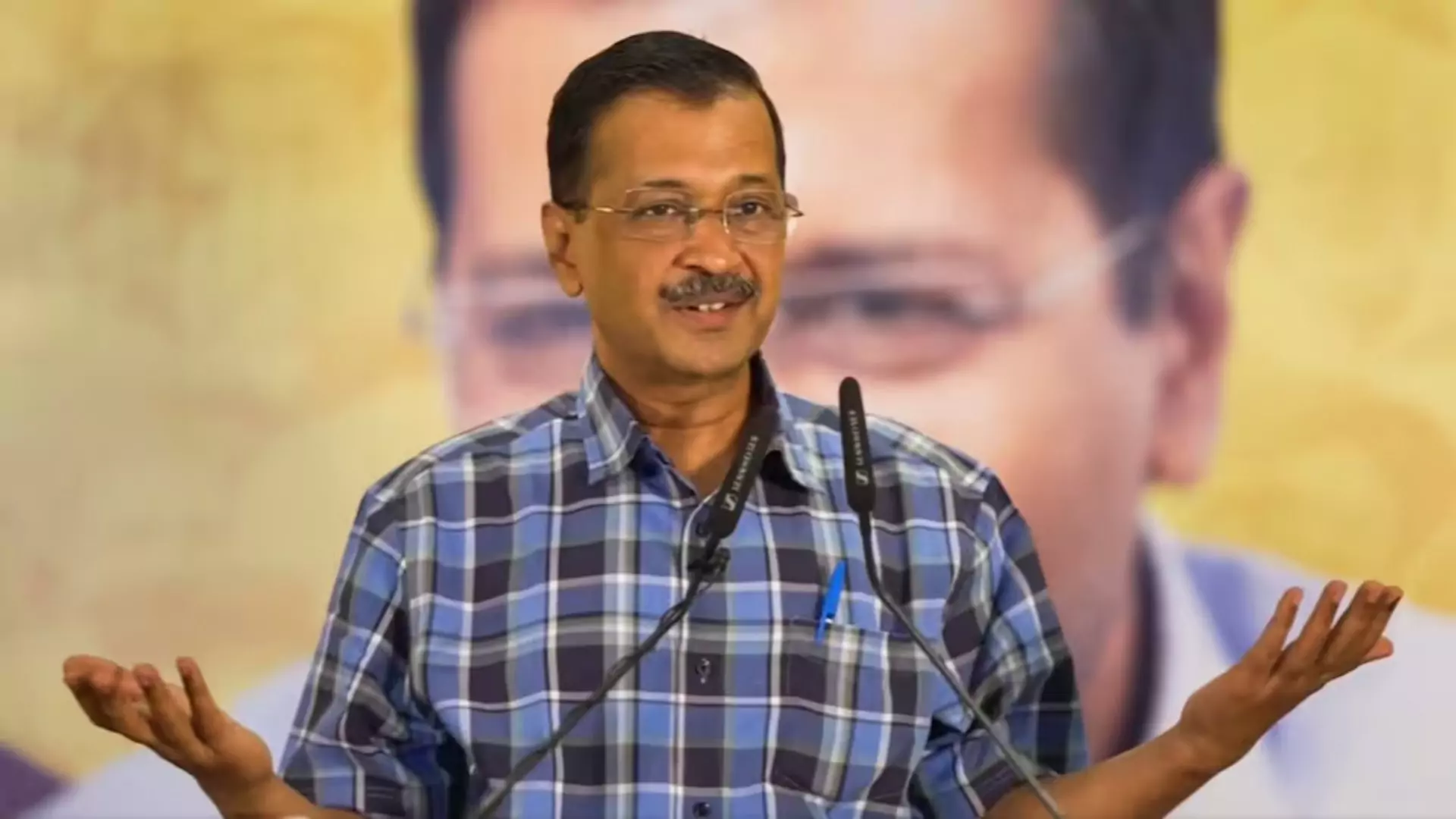The Supreme Court has barred Arvind Kejriwal from visiting the Chief Minister’s office in its ruling granting him bail in the Delhi excise policy scam case. Kejriwal is the third person to receive legal relief, after AAP leader Manish Sisodia and BRS leader K Kavitha.
Specific conditions were attached to the bail, including his appearance in trial court when summoned and compliance with previous Enforcement Directorate (ED) case conditions.
The court prohibited Kejriwal from making public statements about the case, entering the CM’s office or Delhi Secretariat, signing official files, interacting with witnesses, or accessing related documents.
The judgment further mandated his full cooperation with the trial court.
Justice Suryakant examined three key issues:
1. The legality of his arrest, concluding it was lawful without any violation of arrest procedures.
2. Whether regular bail should be granted based on the charges.
3. Whether the multiple chargesheets warranted a return of the case to trial court.
Considering the long trial ahead, involving 424 witnesses, Justice Suryakant noted prolonged detention could impact Kejriwal’s personal liberty. The court concluded the risks of tampering with evidence were low, which justified the granting of bail.
Read More: Bail Granted! Delhi CM Arvind Kenjriwal Gets Bail In The Excise Policy Case
Delhi Excise Policy case
The Supreme Court issued its decision on the bail plea submitted by Delhi Chief Minister and Aam Aadmi Party leader Arvind Kejriwal, connected to the Central Bureau of Investigation’s (CBI) case regarding corruption allegations tied to the now-canceled 2021-22 Delhi excise policy.
A Bench consisting of Justices Surya Kant and Ujjal Bhuyan delivered the ruling. Kejriwal had submitted two petitions before the Supreme Court: one challenging the legality of his CBI arrest and the other requesting bail.
On August 5, the Delhi High Court rejected Kejriwal’s petitions and directed him to seek bail from the trial court. This prompted Kejriwal to approach the Supreme Court. Kejriwal was arrested by the CBI on June 26 while he was already in judicial custody due to a money laundering case being investigated by the Enforcement Directorate (ED), linked to the same scam.
The charges against Kejriwal relate to alleged irregularities in the now-voided Delhi excise policy of 2021-22. It has been alleged that AAP leaders, including Kejriwal, intentionally created loopholes in the policy in exchange for kickbacks from liquor lobbies. Authorities claim the funds generated were used to finance AAP’s election campaign in Goa.
CBI and ED investigating the case
Both the CBI and ED are investigating the case. Kejriwal was initially arrested by the ED on March 21, after which the Supreme Court granted him interim bail in that case.
However, despite the interim bail, he remained in jail as the CBI arrested him on June 26 while he was still in judicial custody regarding the ED case. Rather than approaching the trial court first for bail, Kejriwal went directly to the High Court. The High Court denied his request, advising him to go through the trial court, and also dismissed his plea that his arrest was illegal.
This led to his appeal before the Supreme Court. The Supreme Court heard the arguments in detail and reserved its judgment on September 5.



















